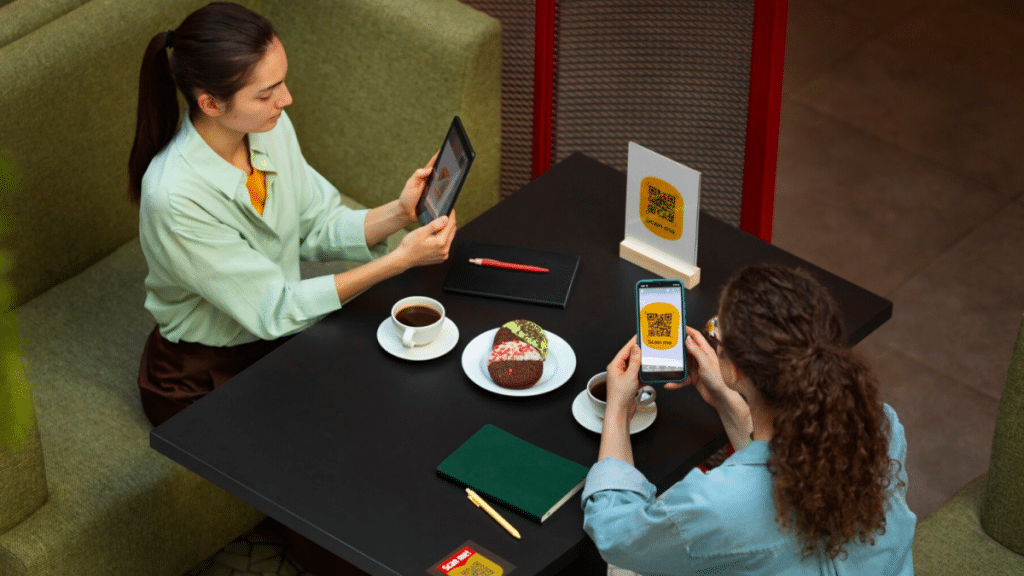The hospitality industry is always competitive, but what is the secret to having repeat visitors? Feedback is essential for hotels to continuously raise standards and entice clients to return. Without it, hoteliers cannot determine what they are doing well or where to improve.
Positive or unfavourable, every connection with guests yields priceless insights that influence the visitor experience and encourage operational improvements. Below, we examine the role of consumer feedback in the travel industry’s quest for excellence.
Identify operational inefficiencies.
Hotels run various operations, including food and beverage, housekeeping, spa services and front desk staff. Finding operational gaps is essential to improving efficiency and simplifying procedures. Using guest feedback as a lens, restaurant managers can identify areas of weakness in their operations.
Guest feedback offers useful operational analytics that help hotels rapidly fix deficiencies, like delayed room service or unclean conditions. Hotels can improve service quality by filling in operational gaps. This will result in a flawless visitor experience.
Optimise client needs.
Restaurants can utilise feedback to enhance not only the overall client experience but also the services they provide. Customers will always come first while initially considering the breadth of services offered. However, as time goes on, some of these preferences can shift.
For instance, a hotel’s spa may be the best-selling service. However, there might be a growing trend where guests would be ready to pay for personal fitness trainer services. The owner won’t be able to adjust the hotel’s offerings unless they learn about it through visitor feedback.
Increase employee output.
The frontline employees are crucial in determining how visitors are treated. Insight from staff feedback helps hotels identify high performers and offer specialised training to strengthen areas that require development. Giving employees constructive criticism enables them to improve as professionals and provide better service.
Furthermore, if supervisors routinely gather this data, they may use it to support discussions with failing teams. This will enable the establishment to push for the required future improvements.
Evaluate achievement and compare performance.
Feedback is a useful tool for gauging the effectiveness of hotel efforts and comparing efficiency to industry norms. Hotels can evaluate their success over time and establish achievable targets for improvement by monitoring key performance indicators derived from guest reviews.
Mapal’s operations management solutions further expedite this process by providing integrated tools that track and evaluate feedback in real-time. Additionally, comparing feedback data to competitors and industry benchmarks offers important context for deciphering comments and pinpointing areas of competitive advantage. Equipped with practical insights, restaurants can make well-informed selections that promote ongoing enhancement and enduring expansion.
The bottom line
Client feedback is an invaluable resource that helps hoteliers understand the aspects of their cuisine, service, and overall experience that their consumers find satisfactory and disagreeable. It assists in determining areas of strength and a room for development. Hospitality establishments can boost customer happiness, loyalty, and revenue by gathering and using feedback to inform data-driven decisions.
